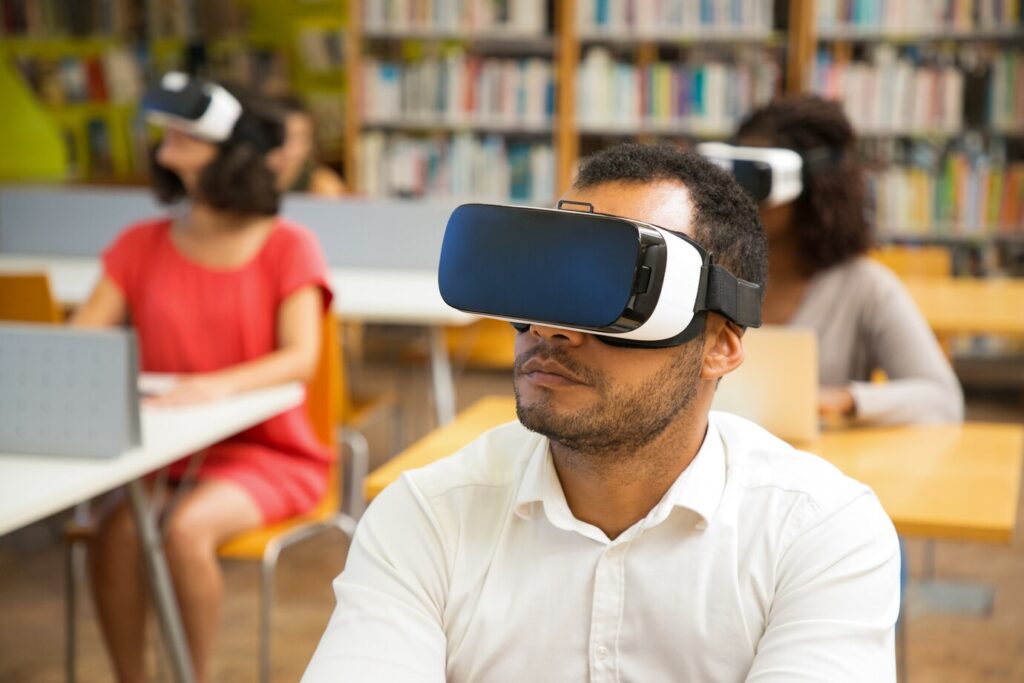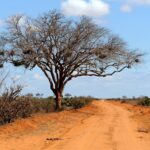IkamvaYouth is a support, tutoring and mentorship initiative that works to equip learners from townships and other disadvantaged communities with the knowledge, skills, networks and resources to access tertiary education or employment.
The aim is to address common obstacles to academic achievement. How? By providing supplementary support to secondary school students after school, on Saturday mornings and during school holidays. Participants enrol during Grade 9, 10 or 11 and receive support in IkamvaYouth’s six key areas:
- Tutoring and homework sessions for academic development
- Career guidance to expand awareness of opportunities available to those who succeed in school
- Mentoring from community members with similar experiences to build confidence and self-belief
- Computer literacy training and access to computers
- Creative expression to build self-esteem
- Health and leadership programmes offering information on health management and free, confidential HIV testing
Subject focus is on the comprehensive curriculum, but additional areas include 21st-Century skills (soft skills), entrepreneurial skills and Information and Communications Technology (ICT).
The IkamvaYouth model relies on a pool of volunteer tutors and mentors, largely drawn from local students and professionals. Many of these are also former Ikamva learners who’ve found success and want to return to help others. More than half of the volunteers at longer-established branches are former learners, and over 80% of the Ikamva management committee are former beneficiaries.
The programme therefore creates a sustainable community transformation, allowing beneficiaries to become benefactors and agents of change themselves.
Plans for future growth
IkamvaYouth has a three-pronged strategy for future expansion:
- Grow the programme by creating more branches, using video to communicate with more rural branches, and begin operating winter camps and possibly summer schools
- Run a randomised, controlled trial to test impact, and a longitudinal study to inform policy and try to secure government buy-in
- Collaborate with other organisations to implement IkamvaYouth’s model. The goal of this would be to have 366 branches with 188 510 learners by 2030. An increasing number of schools are already opening their premises to IkamvaYouth, helping to overcome the limits of operating in smaller venues like community halls
Some reported Ikamva results
Ongoing internal monitoring:
- Ikamva captures daily learner and volunteer attendance
- There are no academic criteria for entry, but learners must commit to 75% attendance to keep their place in the programme
Standardised assessment performance:
- IkamvaYouth matriculants are almost twice as likely to achieve a pass in Maths (45%) and Science (37%) than their school peers (24% and 22%, respectively)
- 94% of IkamvaYouth’s class of 2012 has achieved a matric pass. Of these, 90% were either Bachelor or Diploma quality
Graduation and promotion rates (2012):
- 73% of all Ikamva learners moved directly on to some form of tertiary education
- Half of these, or 43% of Ikamva’s entire cohort, successfully enrolled at academic or technological universities
- An additional 20% moved on to leadership or employment
- A further 2% returned to school to work so they could to pass matric the following year
- This totals a 96% post-secondary placement for Ikamva learners – compared to only 58% of all South Africans aged 18 to 24 who aren’t in employment, education or training
And some more:
- 3 070 learners have benefited from the programme since Ikamva’s founding in 2004
- 1 385 tutors or volunteers have made this happen
- Each year, more than 50% of matriculating learners stay on to volunteer with those that follow


